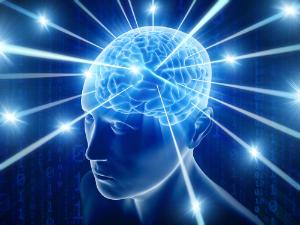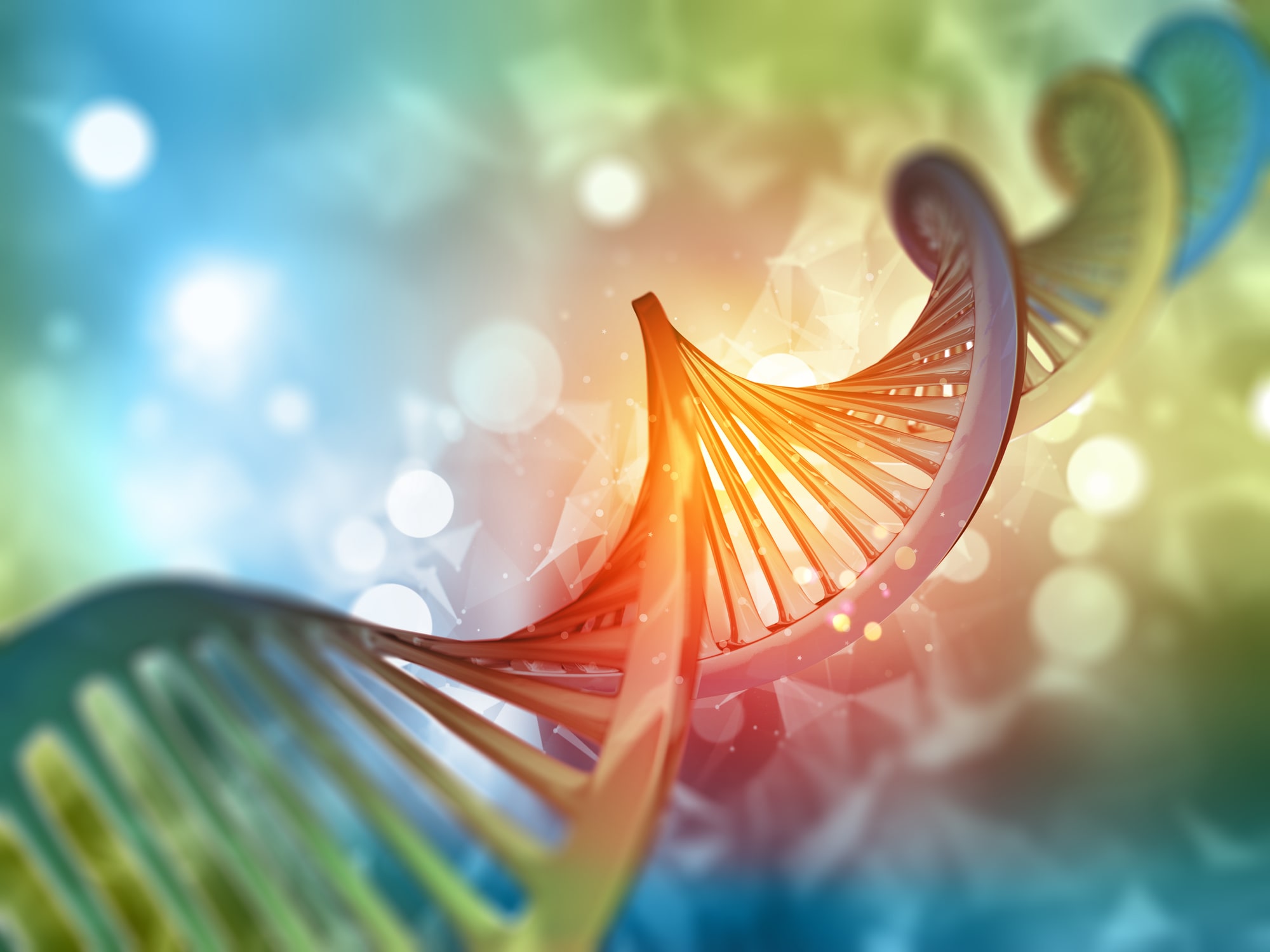 Neuroscience is an amalgamation of evolutionary, medical and more recently computational disciplines, fostering a deeper understanding of how the more than the 85 billion nerve cells in the human brain are born, grow, and interconnect to form human thoughts and actions. This vital subdiscipline of biological science is primarily concerned with the brain's role in behavior and cognition. Advancements in understanding as well as treatment of pathological conditions including psychiatric and neurodevelopmental disorders are made possible by the research being conducted in behavioral, cellular, developmental, computational and molecular neuroscience.
Neuroscience is an amalgamation of evolutionary, medical and more recently computational disciplines, fostering a deeper understanding of how the more than the 85 billion nerve cells in the human brain are born, grow, and interconnect to form human thoughts and actions. This vital subdiscipline of biological science is primarily concerned with the brain's role in behavior and cognition. Advancements in understanding as well as treatment of pathological conditions including psychiatric and neurodevelopmental disorders are made possible by the research being conducted in behavioral, cellular, developmental, computational and molecular neuroscience.
Synapse Maintenance & Neurodegenerative Disease
Borgen Lab | Melissa Borgen, Ph.D.
Great strides have been made in neuroscience to identify regulators of synapse formation, which consists of axon outgrowth, target recognition, axon termination, synaptic assembly, and synapse maintenance. This maintenance is critical throughout an animal’s lifetime to retain circuitry and allow for synaptic plasticity. Understanding synapse formation and maintenance is critical, as synapse destabilization is a hallmark of several neurodegenerative diseases, including Alzheimer’s disease.
The goal of my research is to study the intracellular molecular mechanisms that influence synapse maintenance and neurodegeneration using C. elegans, a student-friendly model organism having fast generation times and a completely mapped nervous system of 302-neurons. Identifying new molecules in these complex signaling processes regulating synapse maintenance is critical for developing future diagnostic and therapeutic targets for neurodegenerative diseases. Previous work, including my own, shows that pharmacological treatment can impact synapse maintenance in C. elegans. This opens future possibilities of using C. elegans to screen potential therapeutic compounds that affect synapse maintenance.


 Give to Florida Tech
Give to Florida Tech 